Digital patents
Digital patents to protect digital business models
The interest in digital patents comes on the one hand from the question of what the economic value of a patent is in digital eco-systems. On the other hand, it stems from the development of digital business models that go hand in hand with technological developments in the context of the Internet of Things (IoT) and Industry 4.0. The digital patent therefore refers to economically relevant, exclusive elements of digital business models.
The starting point for digital patents is the idea that you can systematically capture the structural elements of business models and combine them into complete business models. The value of the patents then follows from the exclusivity in the implementation of these business models through the generation and appropriation of value in the business models. In digital business models, these promising elements need to be defined and protected with digital patents. The digital patents are therefore able to exclude the business model in competition. In addition, several digital patents can be combined in such a way that they form a structure for the systematic protection of business models.
The most precise predictability possible and the planning of possible protective structures through digital patents should be improved through the research projects. The direct consequence of better planning is the systematic increase in the value of patents in digital business models.
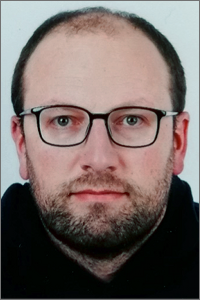
Leonhard Brader
Leonhard Brader works as IPR portfolio manager at Rohde & Schwarz GmbH & Co. KG in Munich. After completing his Bachelor of Science degree in electrical and computer engineering, he worked as engineer for electronic development at TELAIR International and as project engineer in the patent department at Wittur Holding GmbH. He holds a distance learning degree as a Patent Engineer in intellectual property law from the distance University Hagen.
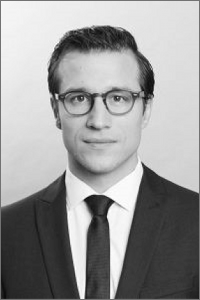
Moritz Breitenbach
Research project:
Characterization of digital patents and their systematic structuring
Moritz Breitenbach studied Organic Chemistry and Chemical Biology at ETH Zurich and obtained his Master of Science in Biochemistry and Immunology. He is qualified as German and European Patent Attorney. In 2018, he obtained his Master of Intellectual Property Law and Management (MIPLM) at CEIPI, University of Strasbourg, France. He works as an In-house Patent Counsel at B. Braun Melsungen AG.
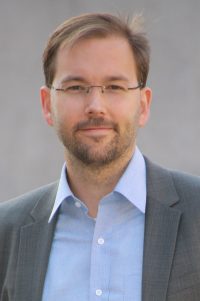
Dr. Frederik Golks
Research project:
Protection of digital business models by digital patents
Dr. Golks studied Physics and achieved his PhD in Interface Physics and Electrochemistry. He works as Senior Intellectual Property Counsel for Corporate Intellectual Property at Robert Bosch GmbH in Stuttgart, Germany, advising Bosch on operational and strategic issues related to intellectual property in accordance with the company’s intellectual property policy.
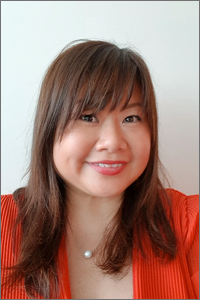
Dr. Jamie Soon-Kesteloot
Dr. Jamie Soon-Kesteloot née Soon Jia Mei (PhD, MIPLM) is trained in chemistry, nanotechnology, and microelectronics. She works as technical innovation manager (R&D) at Essilor Group, France, the world’s leading ophthalmic optics company. Essilor designs, manufactures, and markets a wide range of lenses to improve and protect eyesight. She holds an Ph.D. in Chemistry from National University of Singapore and studied there chemistry. Jamie is an EU ambassador for MIT Innovators under 35. The Innovators Under 35 is an annual listicle published by MIT Technology Review magazine, naming the world’s top 35 innovators under the age of 35. The innovators are awarded for accomplishments that are poised to have a dramatic impact on the world.
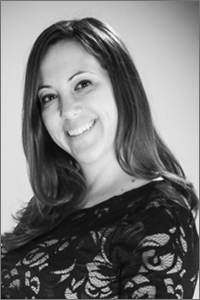
Nicky Wennemer
Nicky Wennemer is the Legal Counsel for MECAL Corporate Management B.V., where she oversees and coordinates all legal aspects including IP development, contract negotiation and legal risk management. MECAL is a global enterprise with more than 30 years engineering expertise in the Wind Energy Sector and Semiconductor industry.
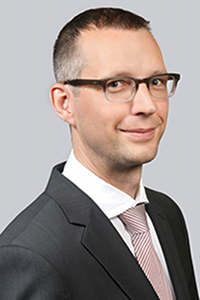
Dr. Martin Wilming
Research project:
Patent strategies for AI technologies
Dr. Wilming studied chemistry at Ruhr-University in Bochum, Germany, and obtained his PhD in Bio-organic Chemistry in 2002. In 2007, he completed the Master of Intellectual Property Law and Management (MIPLM) at CEIPI, Université Strasbourg, France. He works as Swiss and European Patent Attorney at a law firm called Hepp Wenger Ryffel AG in Wil, Switzerland, and is a Board Member of I3PM, the international institute for IP management.

